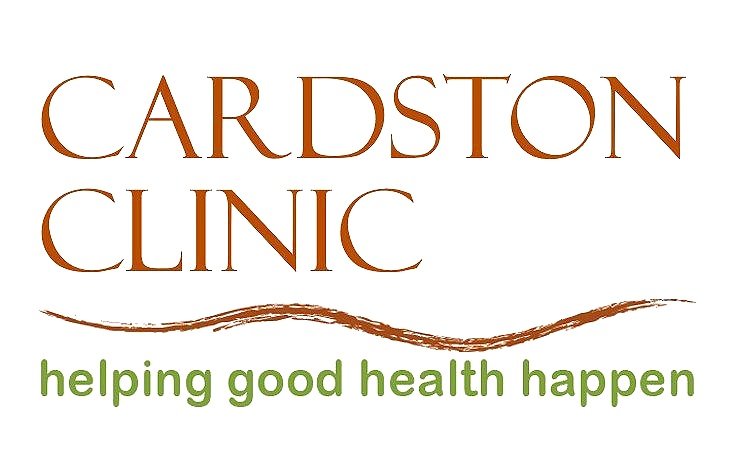
Health Monitoring
What We Offer
Diabetes Education
Being told you are diabetic can be a scary thing, but our diabetic nurses are trained to educate, support, guide and give diabetic and pre-diabetic patients the tools they need. Our nurses work closely with family doctors to monitor and help manage any medication adjustments and encourage and educate healthy eating. Our nurses are here to help!
Lower Leg Assessments
Lower Leg Assessments are a tool utilized by a nurse who is specifically trained to complete both an ankle-brachial index (ABI) and toe-brachial index (TBI) to gain a further understanding of how well a patient’s circulation is functioning in their lower legs. The nurse will complete a blood pressure on both arms, both ankles, and both big toes on a patient. Once these numbers are gathered, a calculation is completed and the numbers are recorded for the doctor to assess. The nurse will assess skin integrity, temperature, pain, sensation, and circulation of an individual and then report findings to the appropriate physician for further direction. The results of this examination allow physicians to make clinical decisions appropriate for each individual patient, and may result in further intervention such as compression stockings or referrals to specialists.
Anticoagulant Management (INRs)
Anticoagulants are prescribed for people who are at increased risk for developing harmful blood clots. This includes people with a mechanical heart valve, an irregular heart rhythm called atrial fibrillation, certain clotting disorders, or a higher risk of a clot after hip or knee surgery. Our nurses are trained to help you take care and manage your INR needs. Sending lab requisitions and working closely with physicians to manage any medication adjustments needed.






